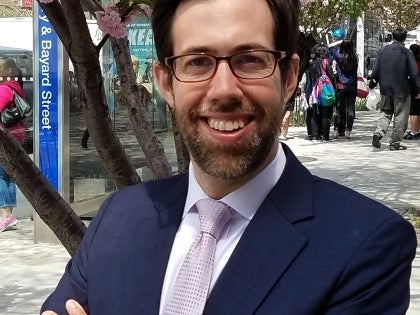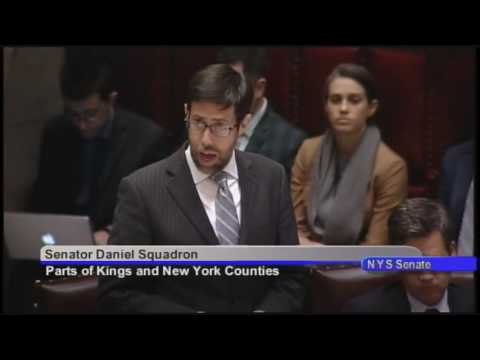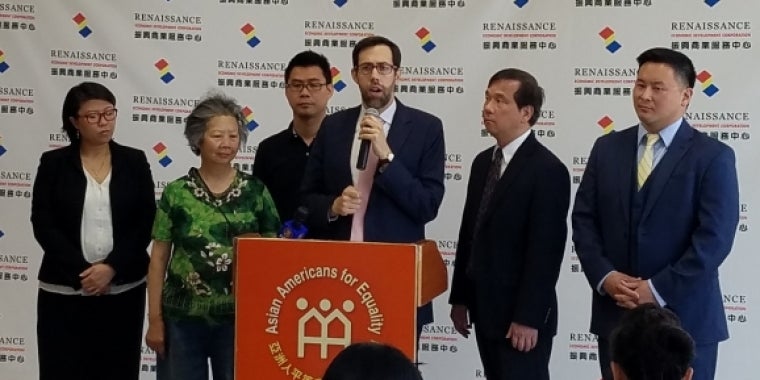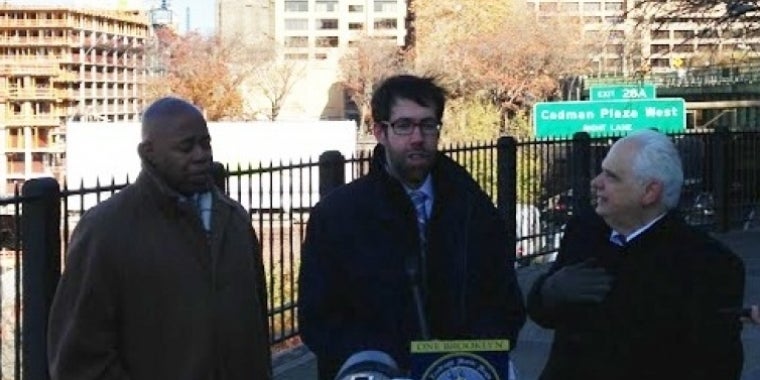
Scalping 2.0: Naming the Ticket’s Master
It used to be so easy for lawmakers to decide what to do about ticket scalping: They either banned it or they didn’t. And if they decided on a ban, most of the enforcement could be done on the street, in front of a theater or sports arena.
ut as members of the New York State Legislature have learned over the last month, while debating a law that would allow scalping, it’s not so simple anymore. The Internet and technological advances in ticketing systems used by theaters and sports teams have not only established new, tricky-to-regulate markets for tickets to be resold and exchanged, but also complicated the very idea of what a ticket is.
Once just a piece of paper, a ticket can now be a wristband with a microchip in it, a flash of pixels on a smartphone or a place in a digital line. And with each new gimmick arise concerns — and, sometimes, vigorous lobbying — over privacy, fairness, the rights of consumers, and control over the multibillion-dollar secondary market for tickets.
Over the last decade, driven in part by the rise of Web exchanges like StubHub, New York and other states have revised or scrapped old prohibitions against ticket resale. At the same time, a new class of scalper-hackers has emerged, using “bots” — really sneaky computer programs — to break through Ticketmaster’s defenses and grab the best seats. In March, four men operating under the name Wiseguy Tickets were charged by federal prosecutors with conspiracy and fraud in using such programs to sell $25 million in tickets.
Click here to continue reading the feature article in the New York Times



